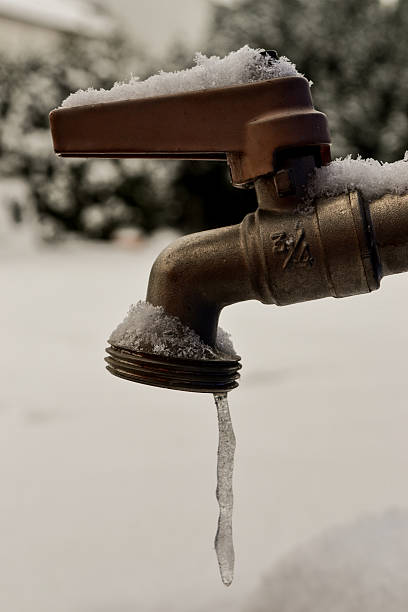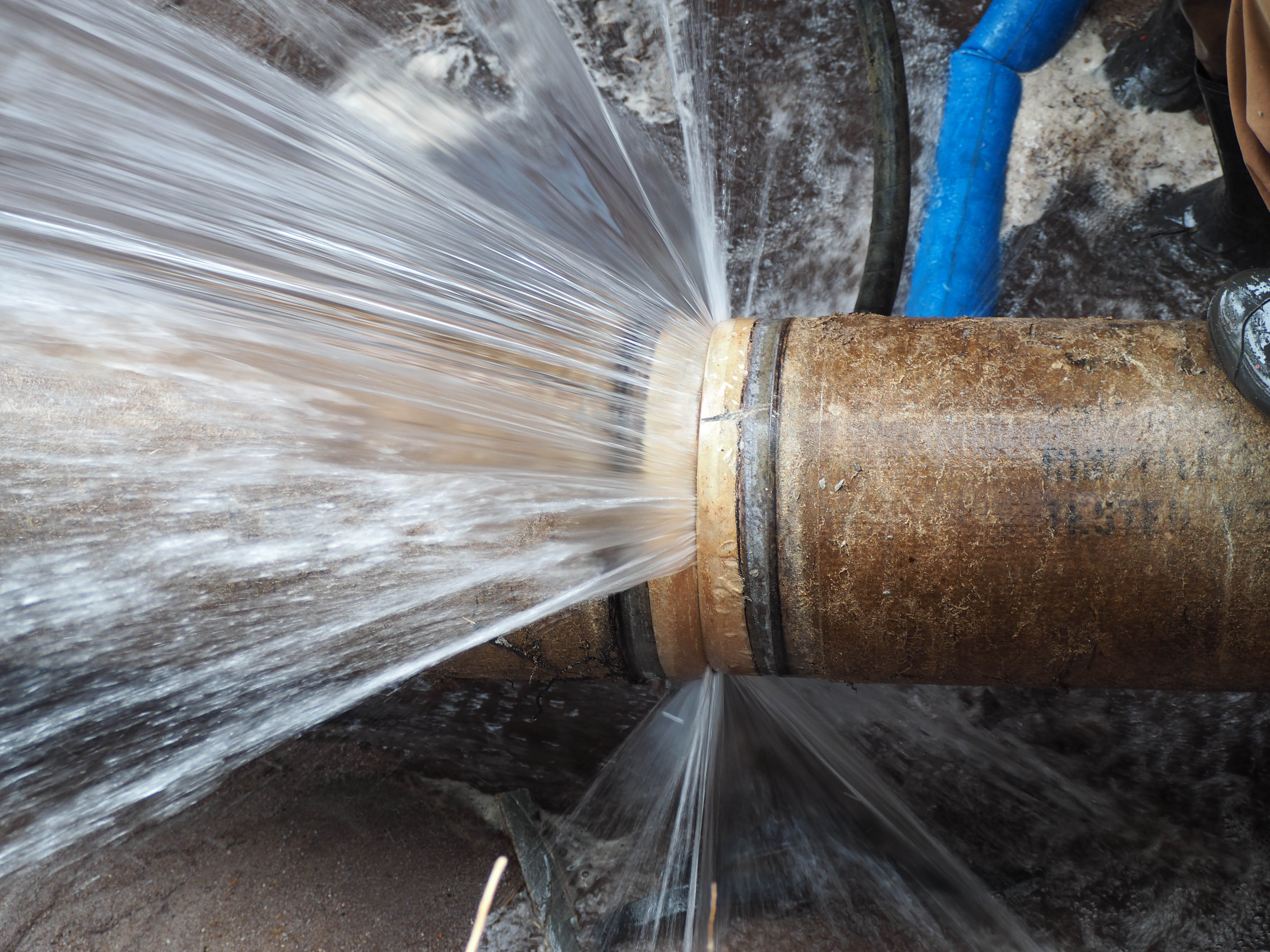Protecting Against Frozen Plumbing: Top Methods for Cold Weather
Protecting Against Frozen Plumbing: Top Methods for Cold Weather
Blog Article
Just how do you really feel about How To Avoid Freezing Pipes?

Winter can ruin your pipes, specifically by freezing pipes. Right here's just how to prevent it from taking place and what to do if it does.
Introduction
As temperatures decrease, the risk of frozen pipes boosts, potentially causing expensive repair services and water damages. Understanding how to stop icy pipes is vital for homeowners in cool environments.
Comprehending Frozen Pipelines
What creates pipes to freeze?
Pipes ice up when subjected to temperatures listed below 32 ° F (0 ° C) for expanded durations. As water inside the pipes ices up, it expands, putting pressure on the pipeline wall surfaces and potentially triggering them to burst.
Threats and damages
Icy pipes can cause water supply disruptions, residential or commercial property damages, and expensive repair services. Burst pipes can flooding homes and cause extensive architectural damage.
Indicators of Frozen Pipes
Recognizing icy pipes early can avoid them from bursting.
How to identify frozen pipelines
Search for decreased water flow from taps, unusual smells or sounds from pipes, and visible frost on revealed pipelines.
Prevention Tips
Protecting prone pipelines
Cover pipes in insulation sleeves or utilize warm tape to protect them from freezing temperatures. Focus on pipelines in unheated or external locations of the home.
Heating techniques
Keep indoor rooms sufficiently heated up, especially areas with plumbing. Open up cupboard doors to allow cozy air to circulate around pipelines under sinks.
Securing Outdoor Pipes
Yard hoses and exterior faucets
Separate and drain yard hose pipes before wintertime. Install frost-proof spigots or cover exterior faucets with insulated caps.
What to Do If Your Pipes Freeze
Immediate actions to take
If you suspect frozen pipelines, maintain faucets open up to eliminate pressure as the ice melts. Utilize a hairdryer or towels taken in warm water to thaw pipelines slowly.
Long-Term Solutions
Architectural adjustments
Think about rerouting pipelines away from outside walls or unheated locations. Add additional insulation to attic rooms, cellars, and crawl spaces.
Updating insulation
Invest in high-grade insulation for pipes, attics, and wall surfaces. Correct insulation aids maintain constant temperatures and minimizes the danger of icy pipelines.
Verdict
Stopping icy pipes needs aggressive measures and quick reactions. By recognizing the reasons, indicators, and preventive measures, homeowners can shield their pipes during cold weather.
Helpful Tips to Prevent Frozen Pipes this Winter
UNDERSTANDING THE BASICS: WHY PIPES FREEZE AND WHY IT’S A PROBLEM
Water freezing inside pipes is common during the winter months, but understanding why pipes freeze, and the potential problems it can cause is crucial in preventing such incidents. This section will delve into the basics of why pipes freeze and the associated problems that may arise.
THE SCIENCE BEHIND FROZEN PIPES
When water reaches freezing temperatures, it undergoes a physical transformation and solidifies into ice. This expansion of water as it freezes is the primary reason pipes can burst. As the water inside the pipe freezes, it expands, creating immense pressure on the walls. If the pressure becomes too great, the pipe can crack or rupture, leading to leaks and water damage.
FACTORS THAT CONTRIBUTE TO PIPE FREEZING
Low Temperatures: Extremely cold weather, especially below freezing, increases the risk of pipes freezing. Uninsulated or Poorly Insulated Pipes: Pipes located in unheated areas, such as basements, crawl spaces, or attics, are more prone to freezing. Insufficient insulation or lack of insulation altogether exacerbates the problem. Exterior Wall Exposure: Pipes running along exterior walls are susceptible to freezing as they encounter colder temperatures outside. Lack of Heating or Temperature Regulation: Inadequate heating or inconsistent temperature control in your home can contribute to frozen pipes. PROBLEMS CAUSED BY FROZEN PIPES
- Pipe Bursting: As mentioned earlier, the expansion of water as it freezes can cause pipes to burst, resulting in significant water damage.
- Water Damage: When pipes burst, it can lead to flooding and water damage to your property, including walls, ceilings, flooring, and personal belongings.
- Structural Damage: Prolonged exposure to water from burst pipes can compromise the structural integrity of your home, leading to costly repairs.
- Mold and Mildew Growth: Excess moisture from water damage can create a favorable environment for mold and mildew growth, posing health risks to occupants.
- Disrupted Water Supply: Frozen pipes can also result in a complete or partial loss of water supply until the issue is resolved.
WHY CERTAIN PIPES ARE MORE PRONE TO FREEZING
- Location: Pipes located in unheated or poorly insulated areas, such as basements, crawl spaces, attics, or exterior walls, are at higher risk of freezing.
- Exterior Pipes: Outdoor pipes, such as those used for irrigation or exposed plumbing, are particularly vulnerable to freezing as they are directly exposed to the elements.
- Supply Lines: Pipes that carry water from the main water supply into your home, including the main water line, are critical to protect as freezing in these lines can affect your entire plumbing system.
- Underground Pipes: Pipes buried underground, such as those connected to sprinkler systems or outdoor faucets, can be susceptible to freezing if not properly insulated.
https://busybusy.com/blog/helpful-tips-to-prevent-frozen-pipes-this-winter/

We hope you enjoyed reading our piece about How to Prevent Your Pipes From Freezing. Thank you for finding the time to read our piece. Liked our review? Please share it. Let other people check it out. Thanks a lot for your time. Revisit us soon.
Click Here Report this page